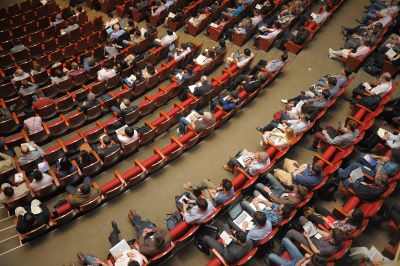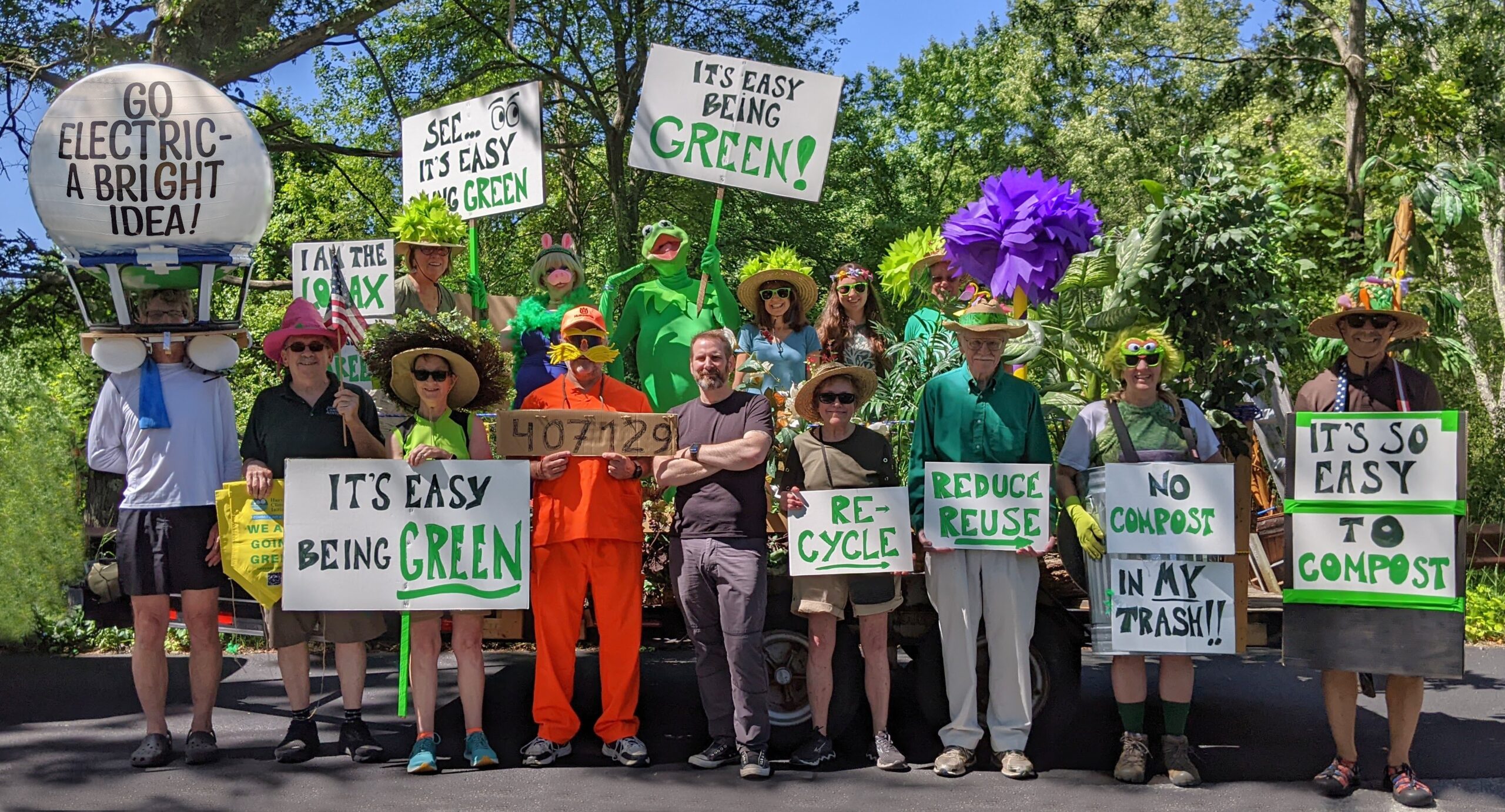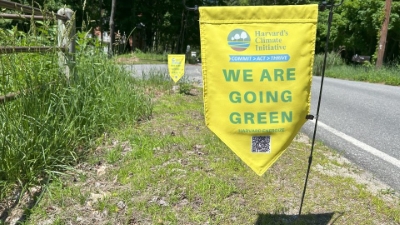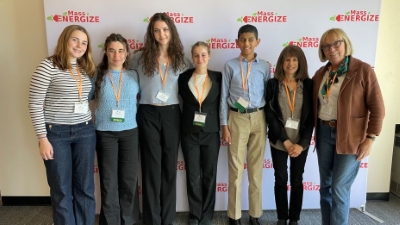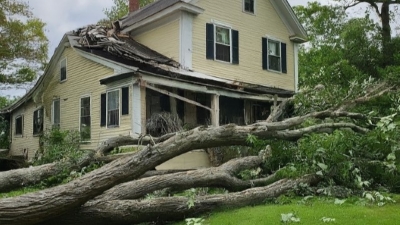Specialized Energy Code Adopted @ Town Meeting
Was on
Saturday, September 28, 2024
Thank you to all who voted to adopt this important Climate Initiative resolution. It passed by a large majority.
What is the Specialized Energy Code?
The Specialized Energy Code enhances Harvard’s existing building code to promote energy efficiency, reduce reliance on fossil fuels, and encourage electrification. Most importantly, it applies to only NEW construction, not renovations, additions or remodeling. It affects only new residential, commercial and municipal buildings.
Why Should We Adopt It?
- Saves Taxpayers Money: By adopting this code, we can pursue state grants through the state’s Climate Leaders Program which is a significant increase in funding compared to what we have received as a Green Community. Since 2010 we received $880,000 due to our Green Community status. As a Climate Leader, Harvard will qualify for substantially larger grant fund dollars and this will help decarbonize public buildings, add more municipal solar, and more.
- Supports Town Climate Goals: It helps us meet the goals of the Town’s Climate Resolution passed in 2021. These goals align with those of the Commonwealth of Massachusetts.
- New Construction Only: Typically, Harvard has 5-10 new homes or buildings built each year.
What are the requirements of the Specialized Energy Code?
There are very few requirements beyond the existing code and apply to NEW construction only.
Why? Because, as of July 1, 2024, our existing building energy code, known as the Stretch Code, automatically increased its requirements. The Specialized Energy code adds very few new requirements and only for new buildings that are mixed fuel, not for new all electric buildings.
The remaining differences for new construction using fossil fuels would include:
- Pre-Wiring & Solar: New construction using fossil fuels must pre-wire for future electrification and must install a certain amount of rooftop solar panels (if feasible). Large single-family homes greater than 4000 square feet must install enough solar or other renewables to offset all of the home’s energy use. Note: Harvard builds 5 – 10 new homes or buildings each year.
- Large Multi-Family: Multi-Family buildings greater than 12,000 square feet and 4 stories high or greater must use the highly energy efficient Passive House standard
What other benefits are there?
- For new construction that is mixed fuel, the Specialized Energy Code enables homes and buildings to be ready for future electrical upgrades for heat pumps, EVs and solar systems.
- It also costs much less to electrify or pre-wire during initial construction rather than later, because a retrofit and the operational costs of all electric are lower than fossil fuels especially if the building has solar.
- All electric also brings health benefits because fossil fuels, particularly gas, are more polluting in the home and can affect asthma, respiratory disorders and other illnesses.
What other towns have adopted the Specialized Energy Code?
Forty-five towns across Massachusetts have already passed the specialized code, including our neighbors in Acton, Stow, Maynard, Chelmsford, and Worcester. Let’s join them to prevent costly retrofits in the future and ensure our new buildings align with the state’s Net Zero goal by 2050.
Who is supporting the adoption of the Specialized Energy Code?
It is being supported by various Harvard town committees, including the Select Board, Planning Board, Energy Advisory Committee, and the Harvard Climate Initiative Committee.
More events, past and present...

